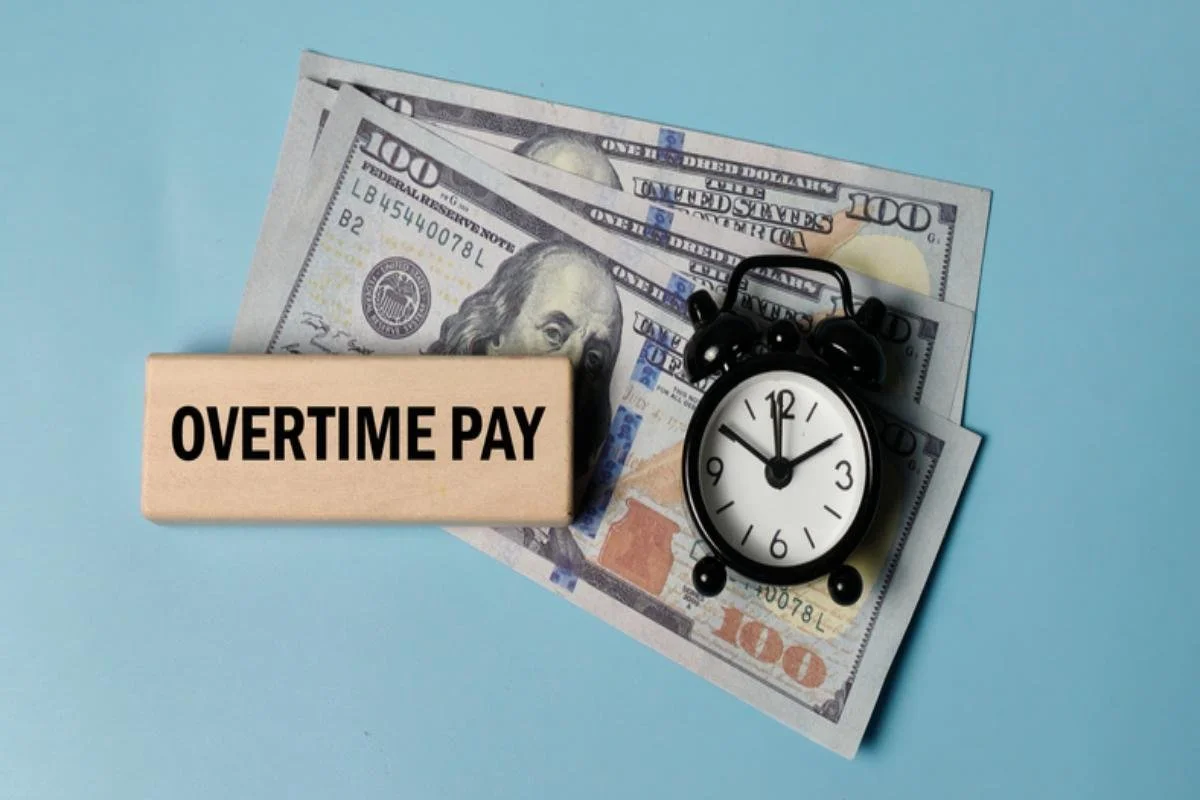Did You Sign an Arbitration Agreement?
/Did you know that millions of US workers are currently “barred” from the court system? Did you know that you may be one of them and not even realize it? Approximately 60 million American workers have signed arbitration agreements or arbitration clauses and they may not have even realized they were doing so.
Close to 50% of all non-unionized workers employed at companies in the United States are subject to arbitration agreements (according to the Economic Policy Institute). This number has more than doubled since the early 2000s. Major employers across the nation have adopted them as standard, including: Uber, Google, McDonald’s, Starbucks, Walmart, Macy’s, and more.
The increase in the use of mandatory arbitration agreements is making it increasingly difficult/impossible for employees to seek justice when they are victims of wage theft, discrimination in the workplace, retaliation, harassment, overtime violations, etc. The recent Supreme Court ruling allowing employers to prohibit class-action claims from workers in arbitration only increased the incentive for companies to include arbitration clauses right in their employment contracts for new hires.
The practice was once limited to business to business contract disputes, but it is now extending to legal disputes with employees and consumers. This change occurred after a significant Supreme Court ruling in 2001 related to sexual harassment. In Circuit City Stores Inc. v. Adams, an associate working at a Circuit City store in California sued the company for sexual harassment. The associate’s name was Saint Clair Adams. He said he was harassed by his co-workers because he was gay. He, like all the other employees of Circuit City, had signed an arbitration agreement stating that all disputes with the company must be resolved through private arbitration. The company argued their case in federal court, insisting that Adams was required to move his claim to arbitration due to the agreement.
The judge on the case sided with the plaintiff, Adams, and cited the Federal Arbitration Act. The Federal Arbitration Act allows companies to resolve contract disputes through arbitration but includes a provision that excludes employment contracts. The judge’s ruling was later upheld by the Ninth Circuit Court of Appeals.
The argument didn’t die with the appellate court though. Circuit City took the case to the Supreme Court where the lower court’s ruling was overturned – extending the reach of arbitration clauses to nearly all employment contracts. The justices based their decision on a close reading of the employment exclusion in the Federal Arbitration Act, which reads, “but nothing herein contained shall apply to contracts of employment of seamen, railroad employees, or any other class of workers engaged in interstate or foreign commerce.” The justices interpreted this to mean that “transportation workers” were exempt from mandatory agreements; and that non-transportation workers would be required to take their claims to arbitration.
Another Supreme Court ruling in May 2018 made it even more difficult for workers to seek justice or force a company to change working conditions. The case was Epic Systems Corp. v. Lewis and the court decided that it is legal for employers in the United States to prohibit employees from joining together to file suit against the company claiming discrimination, wage theft, or other common workplace violations.
Do you have questions about how to deal with workplace violations when there is an arbitration agreement in place? Call one of the experienced California employment law attorneys at Blumenthal Nordrehaug Bhowmik De Blouw LLP.





